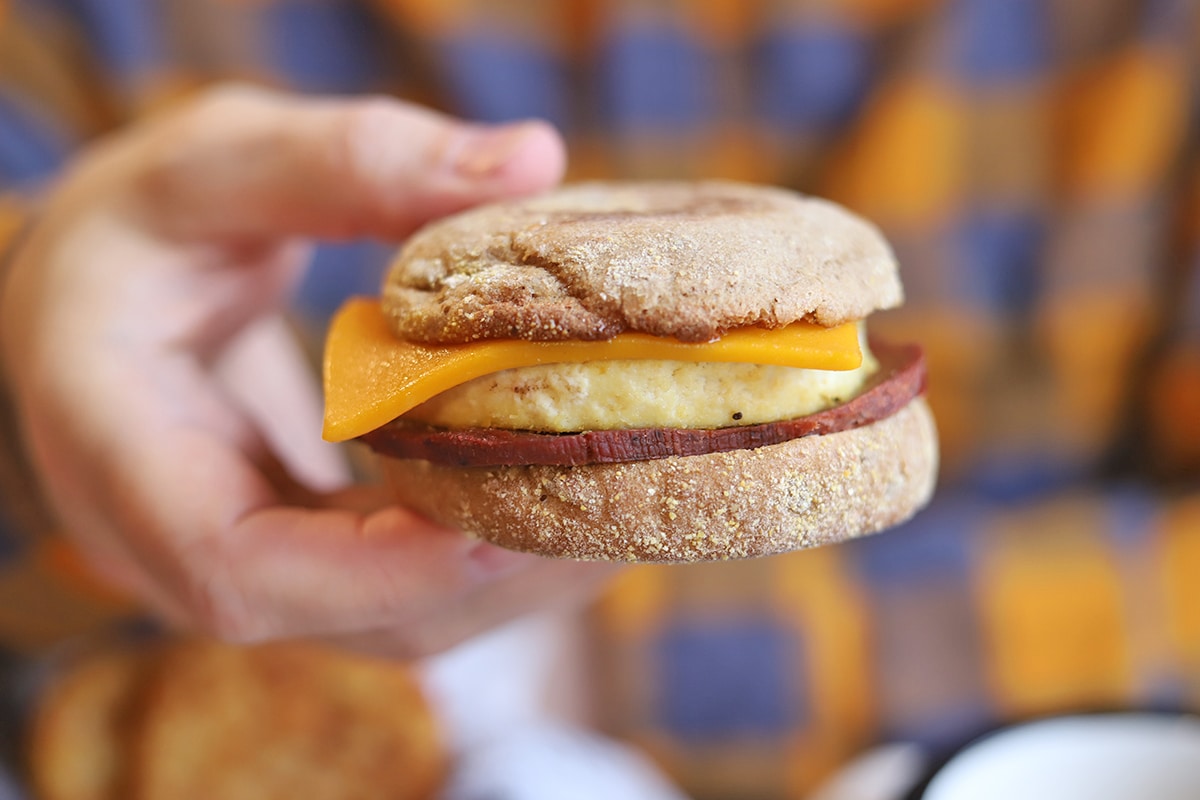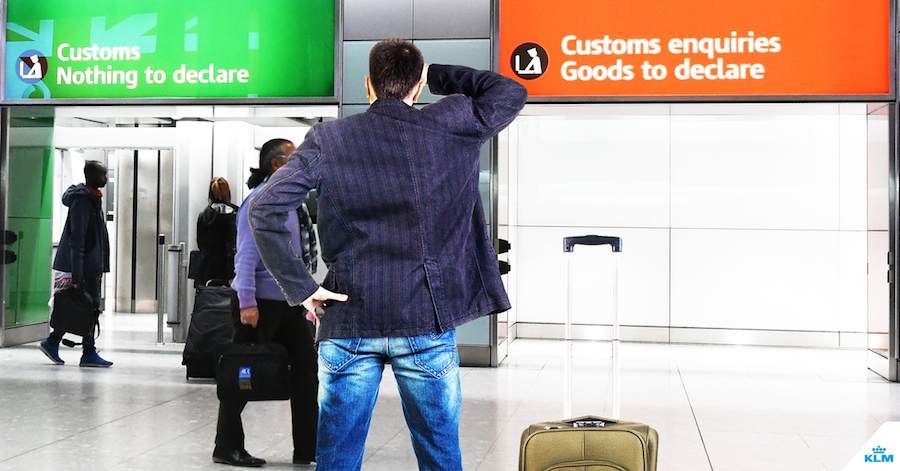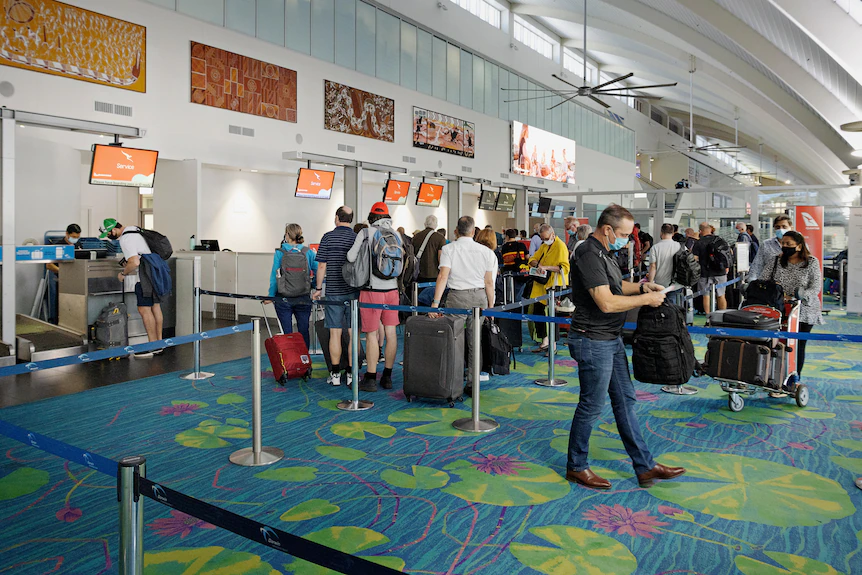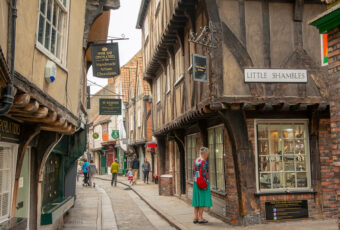
The Passenger Tried To Bring Egg McMuffins Into Australia
Australia is known for having very strict laws about what can and can’t be brought in from other countries. It also has issued an alert to monitor foot-and-mouth disease in addition to establishing Biosecurity Response Zones in international airports.
Zinta, a detector dog, detected the illegal breakfast sandwiches and responded to the passenger’s backpack.
Murray Watt, Minister for Agriculture, Fisheries, and Forestry, said in a statement: “This will be the most expensive Maccas meal this passenger ever has, this fine is twice the cost of an airfare to Bali, but I have no sympathy for people who choose to disobey Australia’s strict biosecurity measures, and recent detections show you will be caught.”
Watt continued: “Australia is FMD-free, and we want it to stay that way. Zinta was placed at Darwin Airport as part of the Albanese Government’s tough new biosecurity defences, and it’s excellent to see she is already contributing to keeping the country safe.”
The country requires visitors to declare items that are considered “risk” including food items like honey, cheese, and nuts, as well as animal products and plant material.
In the guidelines, the country has explained: “Some goods you buy overseas can carry a host of exotic pests and diseases. These can harm our environment and industries. Avoid buying gifts and souvenirs that pose a risk to Australia. Also, be aware that some items you brought with you on your trip can get contaminated. Make sure it’s allowed before you bring it back.”
Each country has its own rules regarding what is and isn’t allowed. For example, in the U.S., travelers must declare food products or face a $10,000 fine, according to U.S. Customs and Border Protection. Food products that are prohibited or restricted include meat, poultry, milk, and eggs.

Failing To Declare Goods Can Result In Hefty Fines









